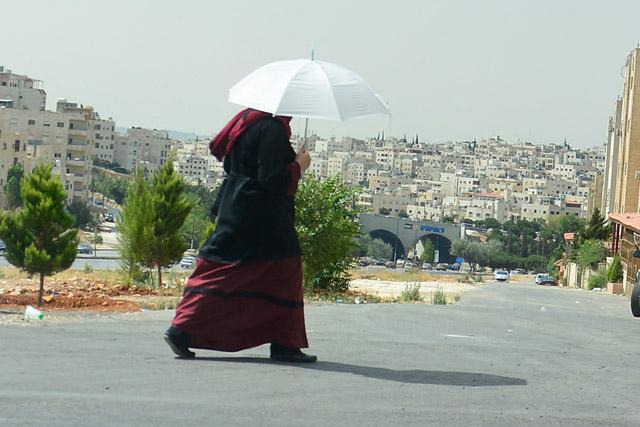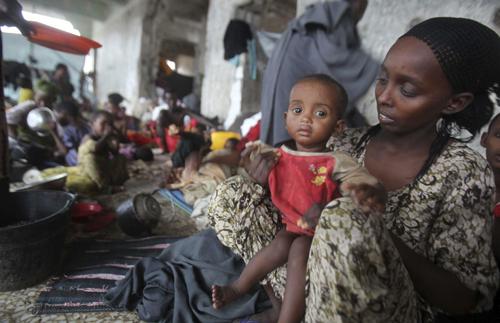You are here
Jordan's work productivity projected to be least impacted by heat stress — ILO
By Elizabeth Turnbull - Aug 08,2019 - Last updated at Aug 08,2019

The ILO projects the Kingdom to experience a 0.1 per cent loss in working hours due to heat stress in 2030 (JT file photo)
AMMAN — The Kingdom is projected to experience a 0.1 per cent loss in working hours due to heat stress in 2030, one of the lowest decreases in working hours due to heat stress predicted in the Arab region, according to a recent ILO report.
While Jordan and Lebanon are projected to be the least affected by heat stress in terms of work productivity in 2030, Qatar and Bahrain are predicted to be the most affected by heat stress among Arab countries, with a projected 5.3 per cent and 4.1 per cent loss in working hours respectively in 2030, according to the report.
"Precautionary measures are required to strengthen occupational health and safety systems to enhance the protection of workers in the face of high temperatures and to take measures to maintain high productivity levels without adversely affecting their health," Ahmad Awad, Director of the Phenix Centre told The Jordan Times on Wednesday.
"At the strategic level, efforts by all governments to combat practices that exacerbate climate change are required to curb the acceleration of global warming," he said.
The report, released by the International Labour Organisation (ILO) in July, titled "Working on a warmer planet", details the effects of heat stress, or the maximum amount of heat the body can tolerate without physiological impairment, as well as predicted productivity and adequate work globally.
According to the ILO, more than 2 per cent of total working hours world-wide are predicted to be lost annually by 2030.
With no working hours lost due to heat stress in the services sector in Jordan in 1995, the report read that similarly no working hours are predicted to be lost due to heat stress in this sector in 2030, while 0.8 per cent of working hours are predicted to be lost due to heat stress in both the agriculture and construction sectors.
Overall, Jordan is predicted to experience a productivity loss equivalent to 2,300 full-time jobs due to heat stress in 2030, according to the report.
After Qatar and Bahrain, the United Arab Emirates' work productivity is projected to be most adversely affected by heat stress in 2030, followed by Yemen, Kuwait, Iraq, Oman, the Occupied Palestinian Territories, followed by Syria and Saudi Arabia, with Lebanon and Jordan projected to be least affected by heat stress in 2030, according to the ILO.
Among Arab States collectively in 1995, 0.4 per cent of total working hours were lost due to heat stress, a percentage which is projected to increase to 1 per cent in 2030, according to the ILO report.
Related Articles
JAKARTA — Rising temperatures caused by climate change may cost the world economy over $2 trillion in lost productivity by 2030 as hot weath
ROME — Climate change could sink up to 122 million more people into extreme poverty by 2030, mostly in South Asia and Africa, where small fa
GENEVA — The total global number of unemployed youths should fall to 73 million in 2022, down by two million from the year before, the Unite


















